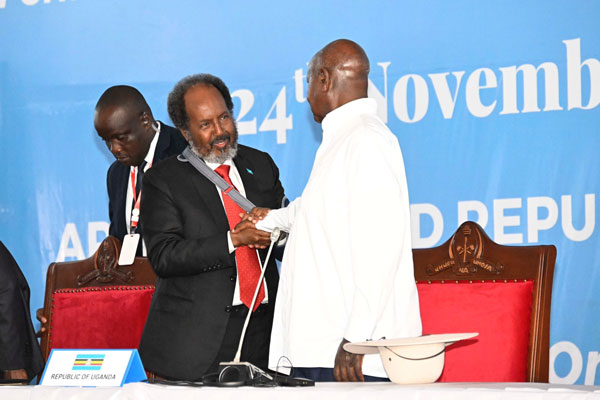
By Guest Writer
Opinion: There is concurrence amongst security experts and scholars that the greatest challenge to human security has its roots in the way countries in the region pursue state security at the expense of people’s rights. This regime oriented security approach poses a challenge to issues of citizenship.
It is thus imperative to ask if the East African Community has added to the occasion of enhancing human security as a regional group. Governance or democracy is about the protection of life and property, the enforcement of law and order, the administration and dispensation of justice, the settlement of disputes, and the defense of the polity against external aggression.
The region, just like much of Africa, naturally adopted a militarized concept of security, which is challenged by the holistic concept of human security. While securing the territory is paramount for post-colonial conflict states, equally demanding issues such as 1) hunger in the newly admitted Somalia, Karamoja in North Eastern Uganda, and war in South Sudan; 2) healthcare; 3) crime prevention; 4) political and civic freedoms such as rights of expression and movement of all key political actors, where most member states have enacted laws or changed their constitutions to limit this freedom and many of them have ended up in jail; 5) war prevention and democratic participation, all compete for government attention, amongst other issues.
Development indicators show the region is struggling in terms of the quality of life experienced by the citizens.
A conflict in any one of the EAC countries has far-reaching effects, as it inevitably affects the whole region in one way or another. The regional dynamics of conflicts and the cross-border nature of security threats such as arms and human trafficking require the collaborative role of regional and sub-regional actors who have intimate understanding of the local contexts. Human trafficking is one clear indicator of defective security sector governance, and all EAC countries are victims of this menace.
The complexities of the violence in the EAC have been partly caused by and have resulted in hostilities amongst individuals, groups, and states.
Although colonial legacies have fuelled the conflicts, especially between the Tutsi and Hutu in Rwanda and Burundi, the Mijingo question between Kenya and Uganda, the long-standing insurgency in the Eastern DRC, etc., contemporary violence seems to be a result of failure in both statecraft and state capacity to provide a secure and decent life for the citizens.
Exclusionary governance styles and despotism with declining democratic values are largely to blame for many of the conflicts since exclusion from government usually means exclusion from all other developmental prospects.
The refugee question creates community and regional threats. Refugees are a vulnerable group that mostly relies on external agencies for food (mostly from the World Food Program). The region has about four million internally displaced persons (IDPs) and over one million refugees resulting from the long Somali conflict, South Sudan, Rwanda, and the Eastern DRC.
The decline of the rule of law has for a long time been a key concern for human security, as it detracts from the safety of the population. The institutions of law and order—the courts, the police, the army, the judiciary, prisons, and other security organs of the state—are accused of major corruption, abuse of power, and the violation of human rights.
No longer confined to the barracks, soldiers man roadblocks, arrest, and detain people at will and with impunity in key member states.
In fact, they are the source of insecurity for the public, and the entire fabric of society is thus manifested with corruption that inhibits democratic development. Many governments have been accused of rape, robbery, and wanton killings, a situation that usually arises everywhere law and order break down.
Natural disasters caused by climatic changes and human activities (drought, desertification, and floods) force people to abandon their homes as their lifestyles become unsustainable. Pastoralists and peasants and farmers are always the worst hit.
The continued presence of the militias and other armed groups (OAGs), mostly in the war in Somalia, the Eastern DRC, and the fractured South Sudan, is unhealthy for long-term stability. DDR and other peace mechanisms have to be planned effectively and timeously in order to ensure permanent disarmament and sustainable peace.
In conclusion, while containing the security task might seem like a Herculean task, the EAC governments should aim for or increase some effort to improve security provision for their citizens. Specific areas and issues require targeting. States need to pursue state security that takes into account human security through:
1) Establishing norms and standards that should be internalized by security agents
2) Incorporation of human rights into the national educational curriculum
3) Civic education on human rights and vigilance against gangs and organized crime
4) Capturing the pastoralist economies into mainstream economic activities to combat cattle rustling The diversification of economic activities to lessen overdependence on livestock
5) Strengthening community policing
6) De-tribalizing politics
7) decriminalizing refugees. Efforts have to concentrate more on protecting refugees’ rights and improving capacity for accommodating them.
8) Recognizing that conflicts in the EAC cannot be compartmentalized, transnational conflicts imply an inclusive, comprehensive regional approach.
9) Intensifying interstate peacebuilding efforts at the regional level
10) Increasing CSO presence in the region
11) Building professional militaries and security forces that are accountable to civilian authorities who safeguard the rule of law and human rights
12) Advocating and organizing for inclusive citizenship laws across the EAC through civic education
13) Rebuild North-Eastern Uganda through significant non-political initiatives of rebuilding infrastructure to attend to basic standards of living as well as building local trust through local community services and safety nets.
Finally, it is also important for the EAC, as a sub-regional regime, to embark on a diplomatic campaign that uses human rights and respect thereof as a diplomatic kite in all of its activities. It should be expected that human rights and democratization records ought to be used as a yardstick for ‘eligibility’ to membership and continued membership in the organization.
The author is Byamukama Richard Bard, a lawyer and a security studies scholar.
Disclaimer: As UG Reports Media LTD, we welcome any opinion from anyone if it’s constructive for the development of Uganda. All the expressions and opinions in this write-up are not those of UG Reports Media Ltd. but of the author of the article.
Would you like to share your opinion with us? Please send it to this email: theugreports@gmail.com.


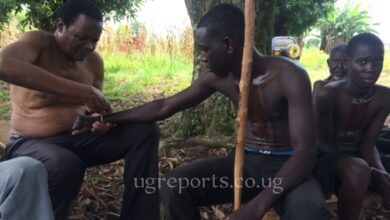
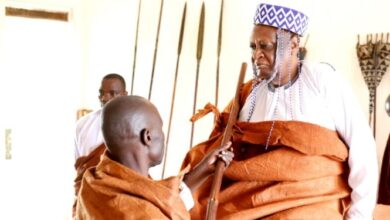
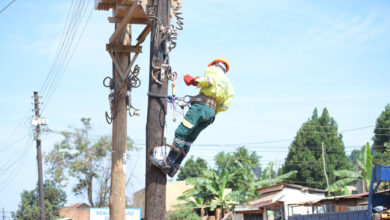

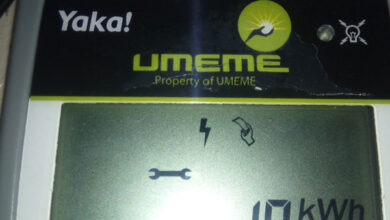
My brother recommended I may like this website.
He was entirely right. This publish actually made my day.
You can not believe simply how a lot time I had spent
for this info! Thank you!